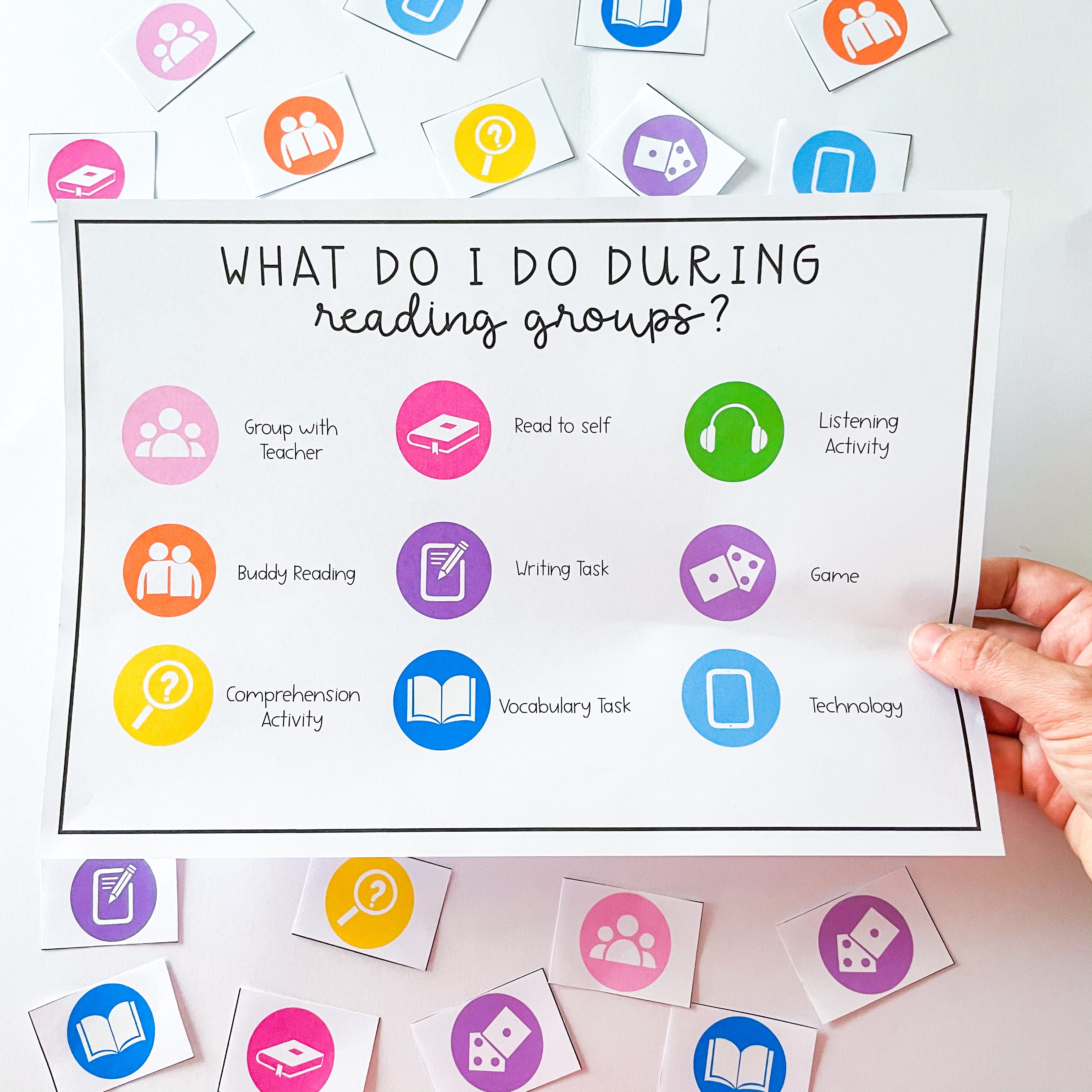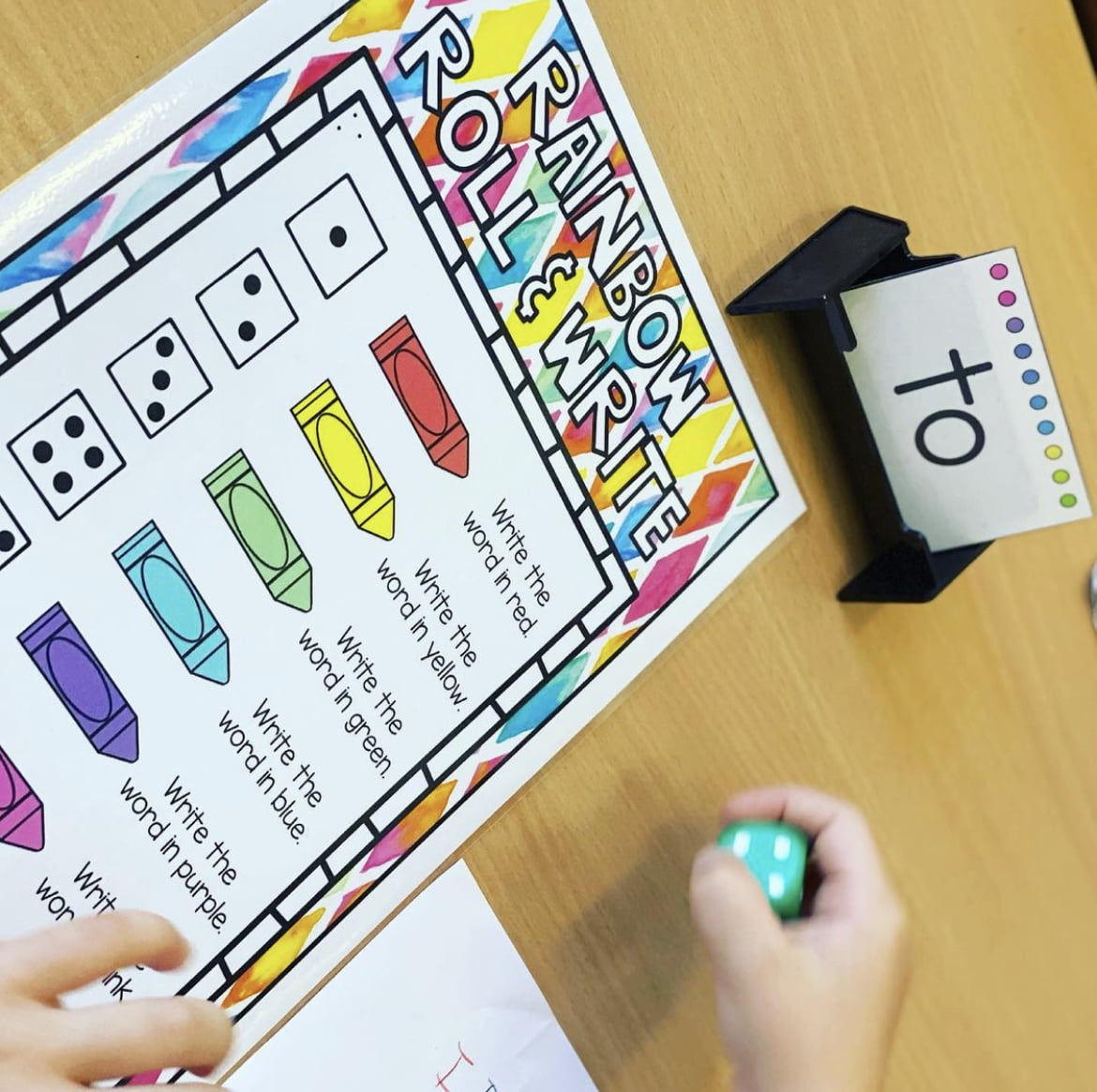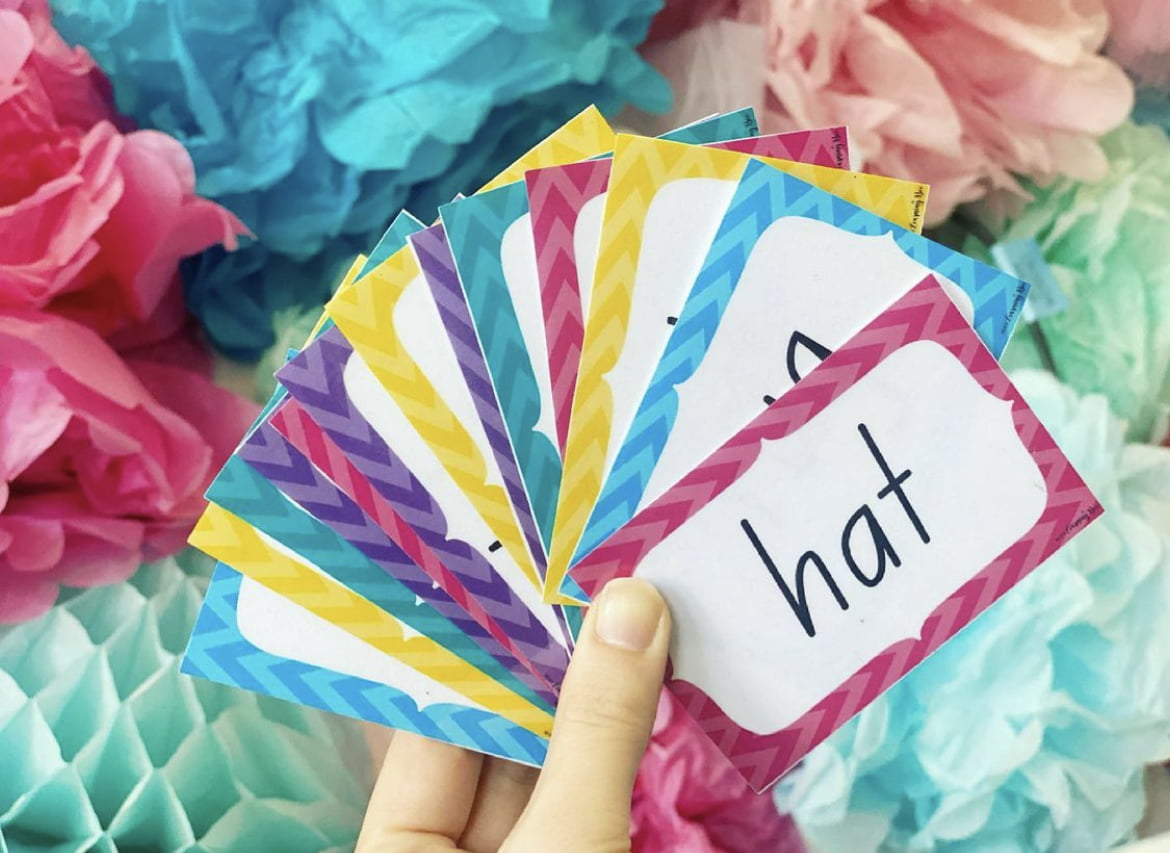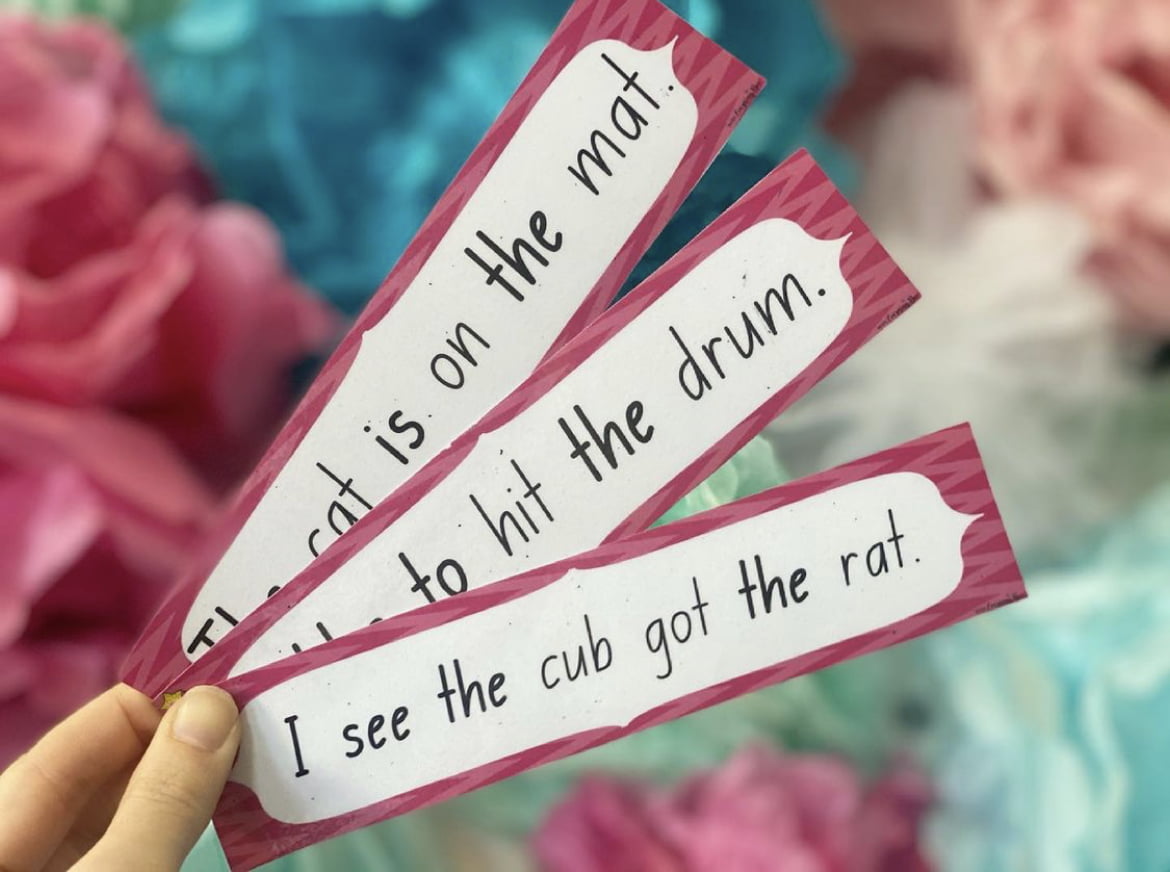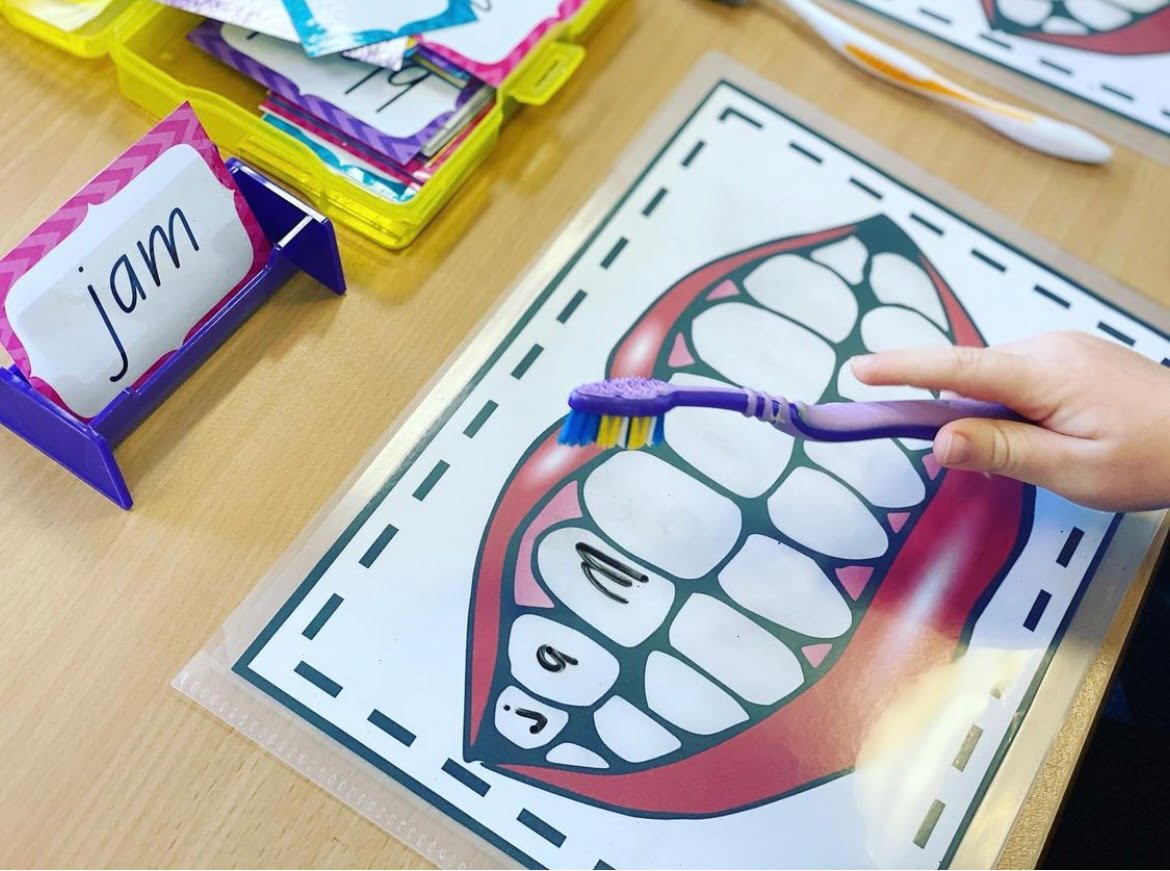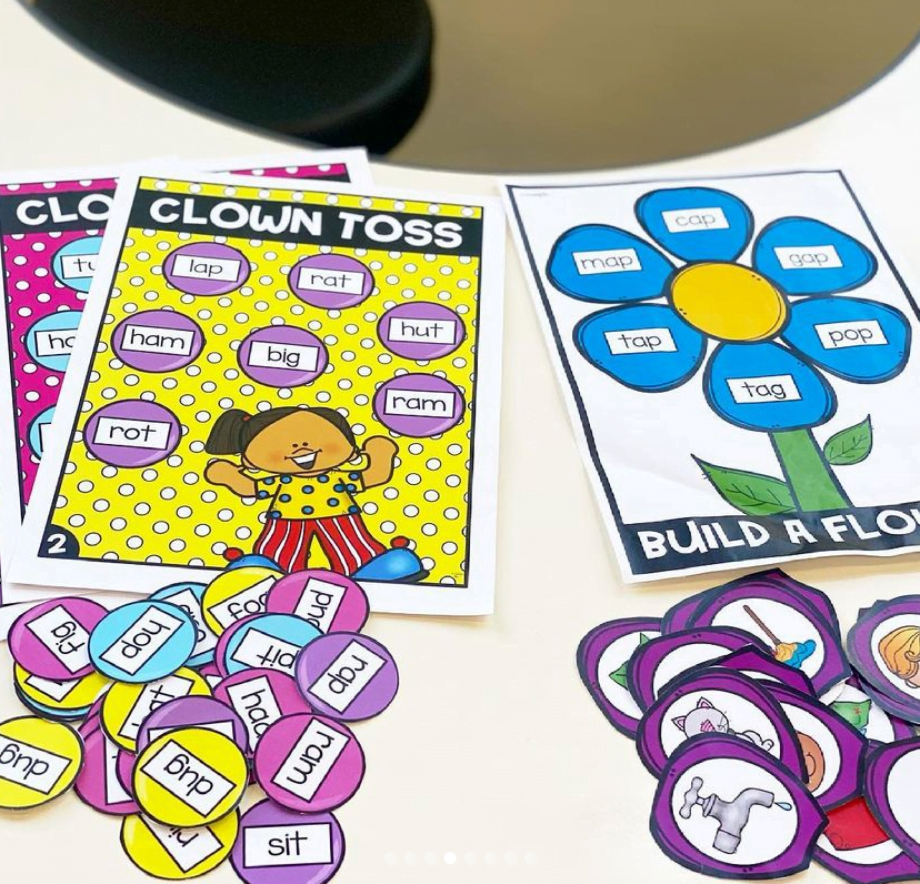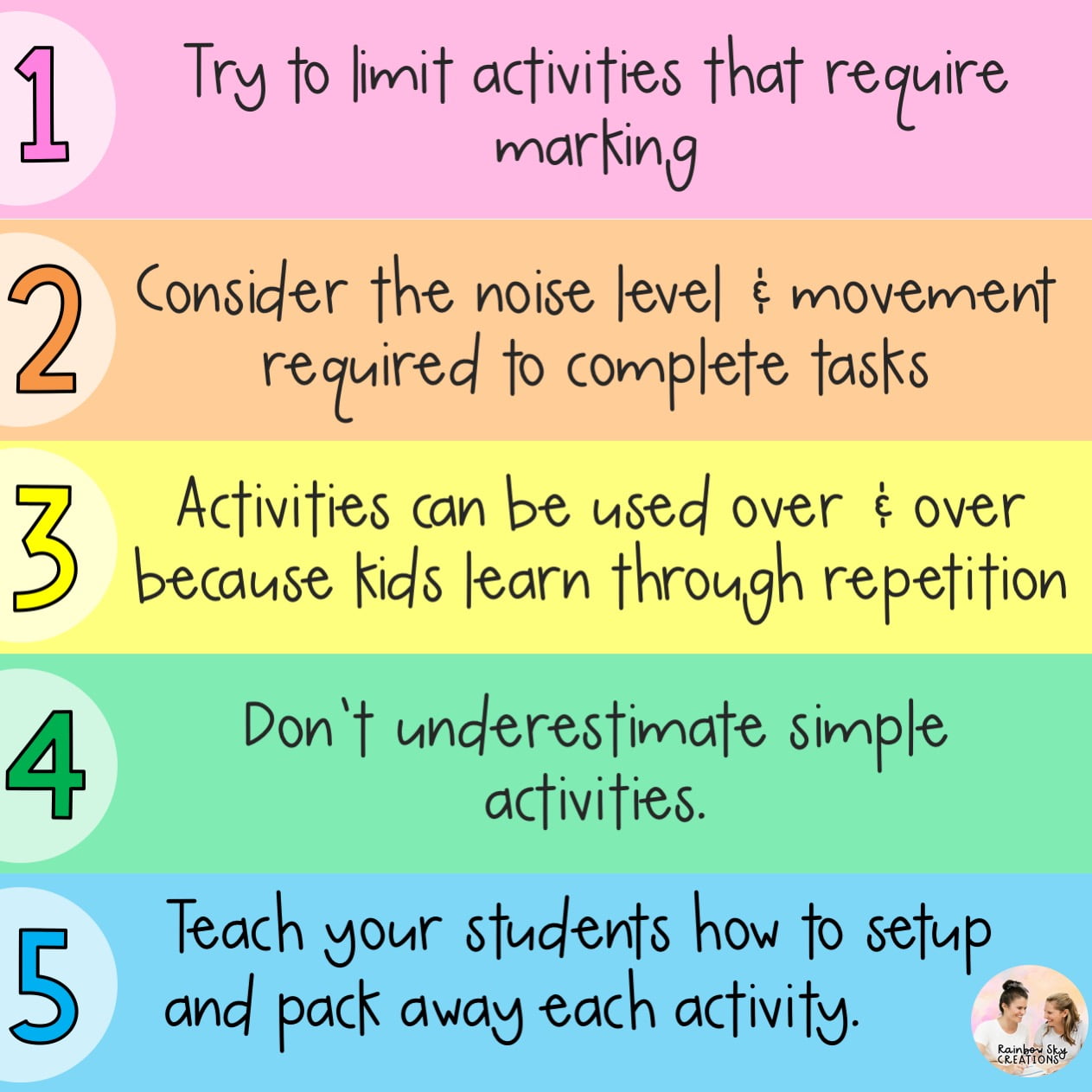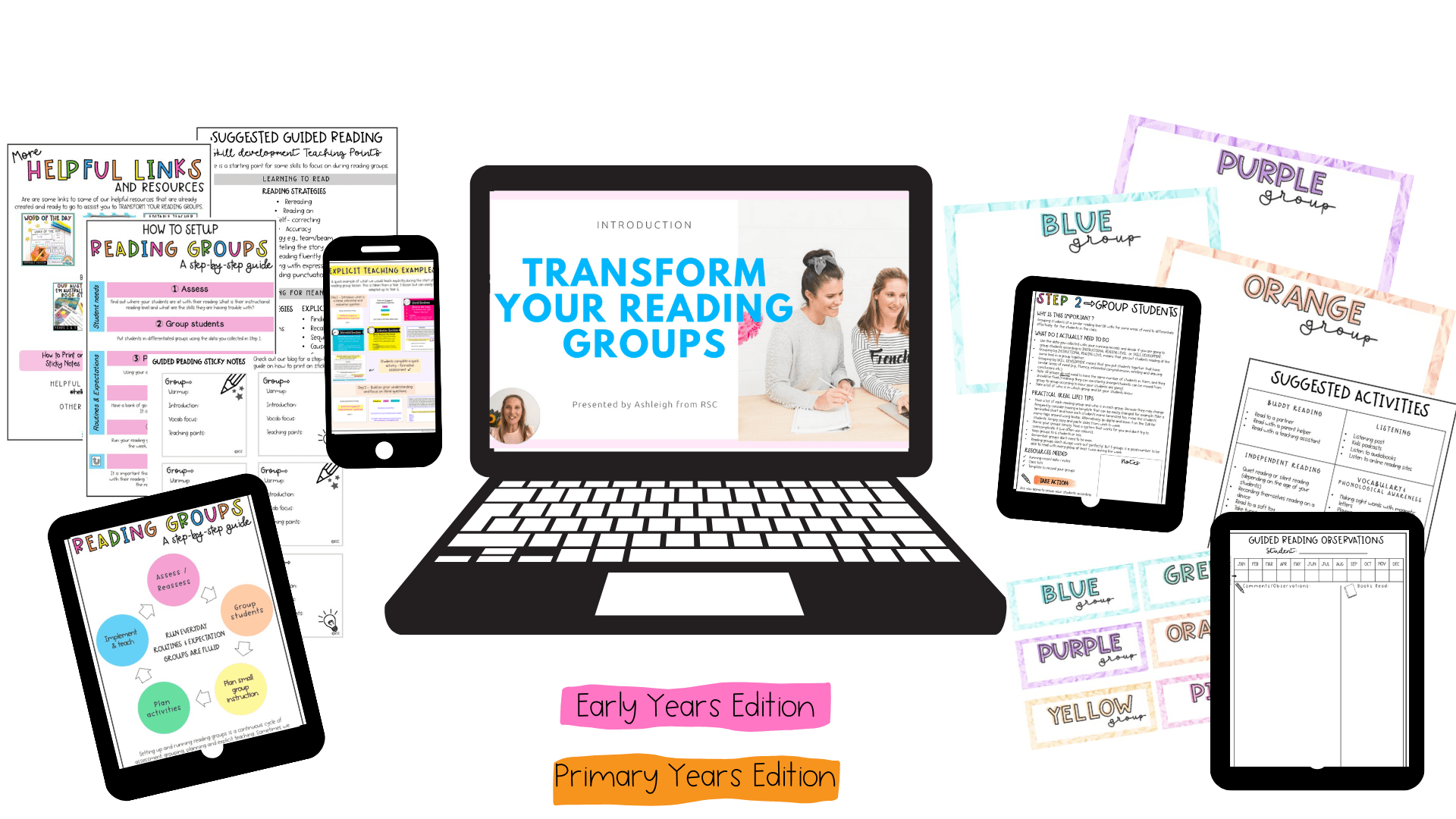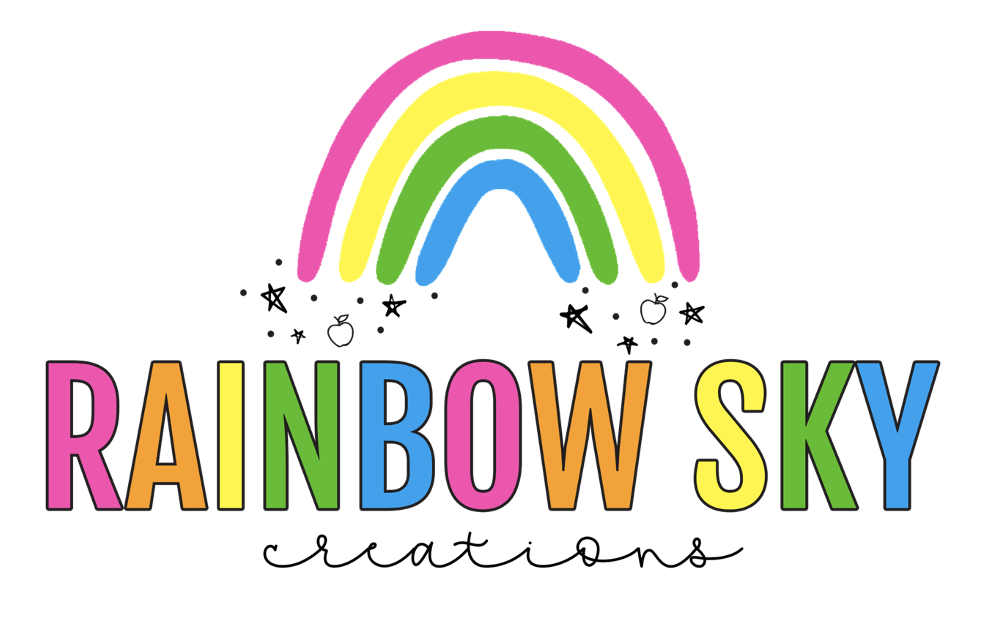Written in collaboration with Tam @misslearningbee
Do you ever feel overwhelmed by all the fun and cute literacy games that you see on Instagram, Facebook, in your neighbours classroom?
Do you get sucked into thinking that maybe you NEED them in order to run effective literacy groups? Keep reading if that’s you because we are about to do some major myth-busting!
The reality is you only need a few key things in order to run highly-effective literacy rotations. They should be evidence-based, have multiple uses, and be simple to prepare. Easier said than done? Read on, we have the answers right here to help you.
To begin with, activities need to also to be simple to play or use. If an activity is too elaborate, kids will waste a lot of valuable time instead of practising the key skills that you want. Plus, you want your focus as the teacher on the group you are reading with, not trying to manage an unruly class.
Here are a few examples of some “bread & butter” literacy activities that you can use during reading group time in the Early Years that we highly recommend:
Decodable word cards for every set of sounds
These can be incorporated into every literacy session because they can be used in such a wide range of ways. Some examples include making the words with alphabet manipulatives, writing on whiteboards or using rainbow writing. Anything that gets the kids practising their decoding skills over and over again!
Decodable sentences
These are great for getting kids to apply their decoding skills in the context of writing. Some activity examples include reading the sentence into whisper phones and then writing on whiteboards, rainbow writing, or partner dictation.
Decodable word picture cards
Students can use alphabet manipulatives to build the word, match with word cards, or write the word on mini-whiteboards.
High frequency “tricky words”
It’s important that students learn to read and spell high-frequency words, particularly ones with “tricky” spellings which they don’t yet have the phonological skills in order to be able to decode. Any activities that get the kids repeatedly reading, writing and interacting with these words will help to build their automatic recall. This could include games such as BOOM, Say it-Build it-Write it, making words, rainbow writing, or read and roll activities.
Magnetic letters
These are such a versatile resource to have in your classroom. They can be used for any number of decodable or sight word building activities
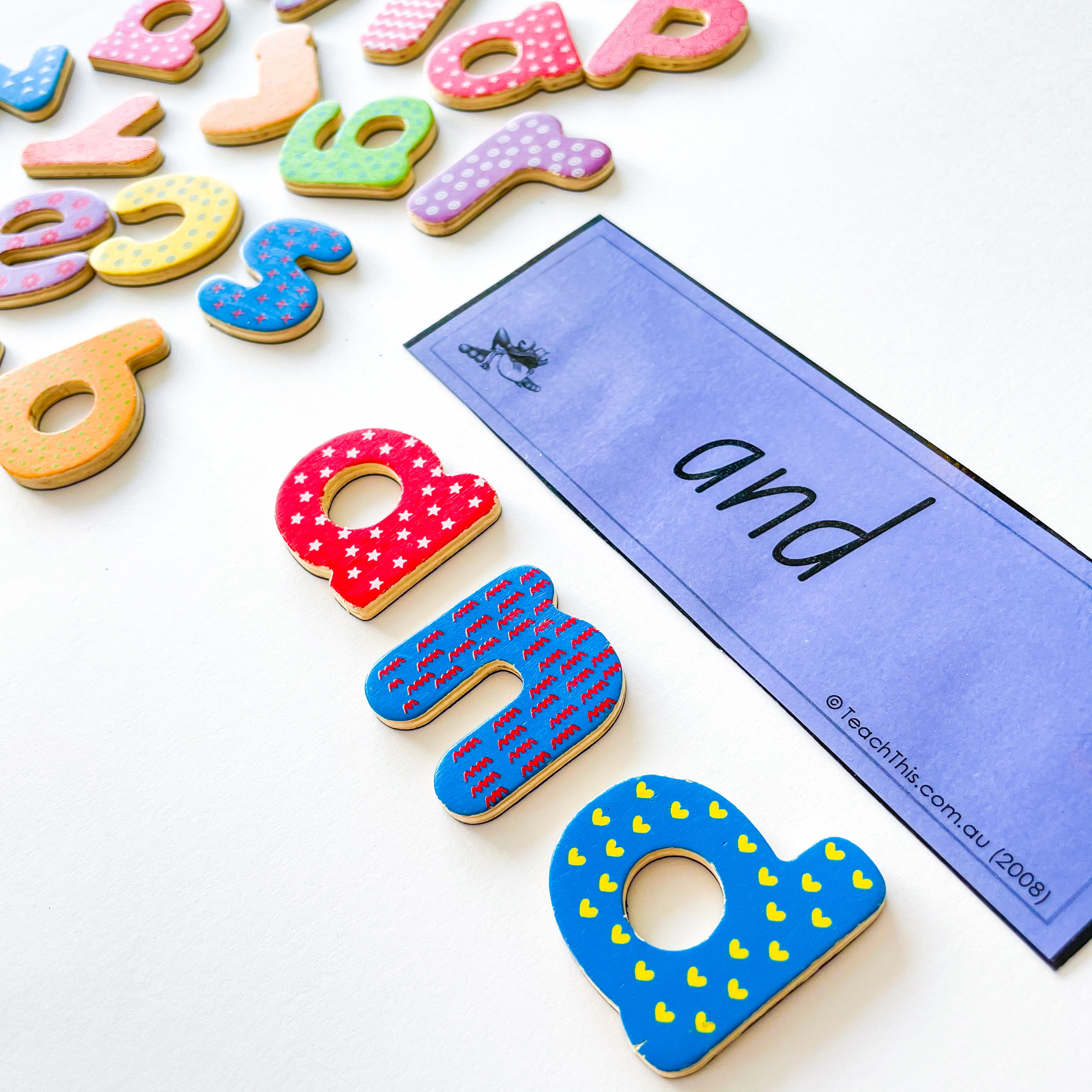
Fine motor skill development
Don’t underestimate the importance of developing fine motor skills during literacy groups. You can often team these skills with other letter or reading-related tasks. Activities that involve pegging, threading, using tweezers, or cutting all help with fine motor development.
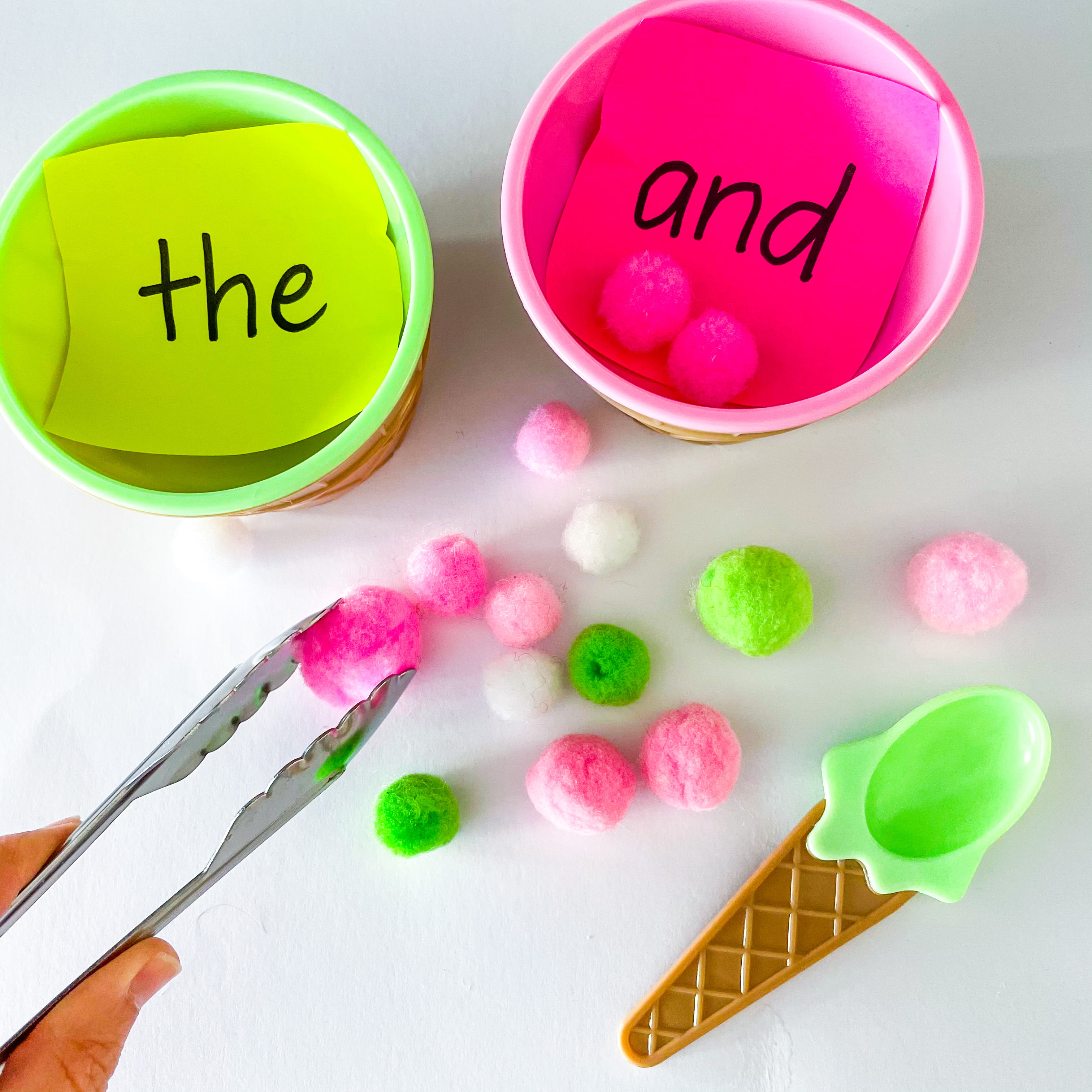
But what about some more exciting activities? We like to call these “ice-cream” activities. They are great, the kids love them and you can still get so many uses out of them ( never waste time making a one-hit-wonder game)… but they are an added bonus!
Some examples of ice cream activities:
-
- Sound or story stones
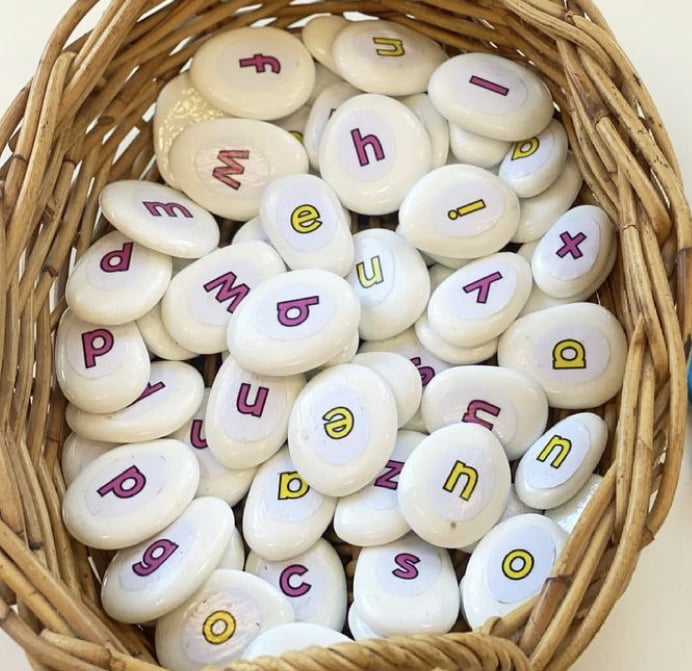
-
-
- Tracing in sand, coloured rice, shaving cream etc
-
-
-
-
- BOOM game sets for every set of sounds & tricky words.
-
-
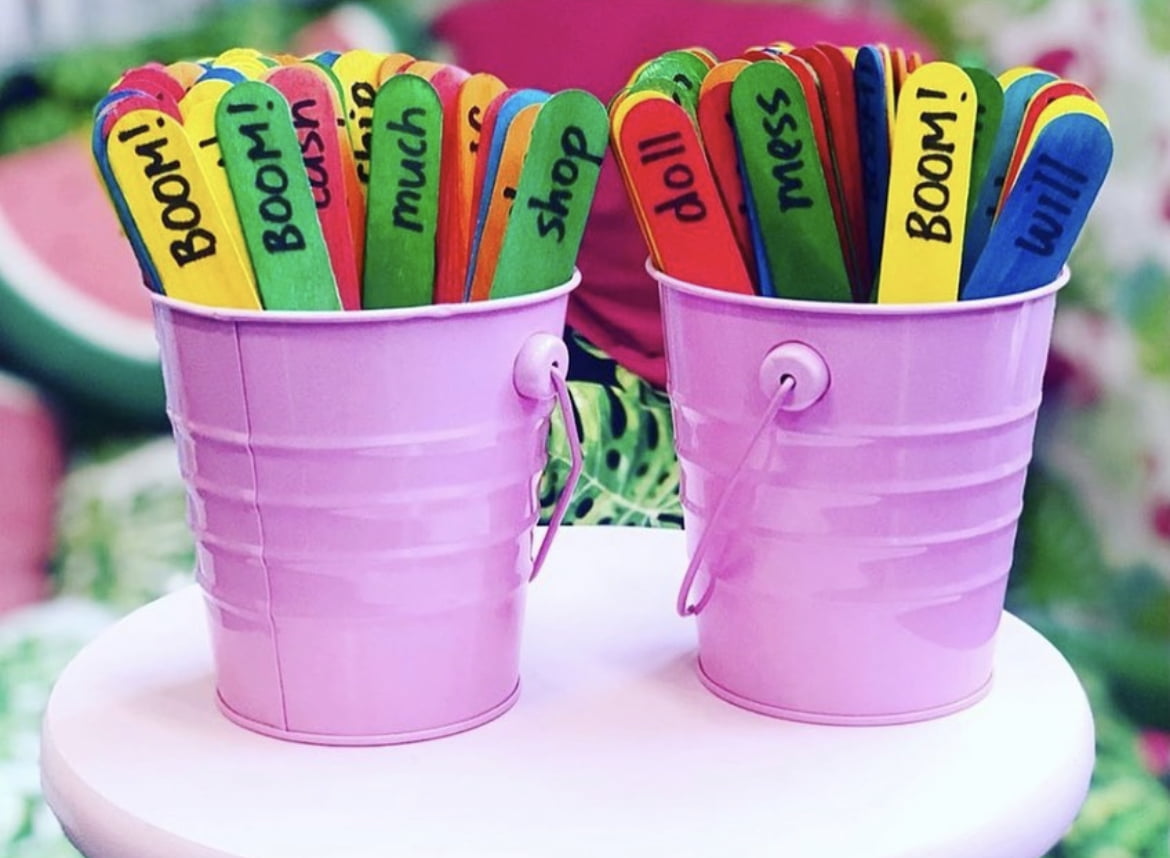
-
-
-
-
- Reinvesting old school games like Jenga, Guess Who or the humble building block.
-
-
-
-
-
-
-
-
- Novelty writing / segmenting
-
-
-
-
-
-
-
-
-
-
- Matching games
-
-
-
-
-
Teacher tip: Remember, the longer you are in the classroom, the more you build your repertoire and resources over time.
Now we have given you all these examples, you might be feeling overwhelmed with what you can implement straight away in your classroom.
Here are our golden rules of thumb when planning any literacy / reading group rotation activity:
At the end of the day, bread and butter activities are great for literacy development and most teachers will want to have some ice-cream activities too. But please don’t let yourself feel pressured that you NEED them in order to be a highly effective teacher who can run highly effective literacy groups!
Start with resources that are simple, multi-use and research-based. Anything else is a bonus.
This blog post was written in collaboration with Tam from @misslearningbee. She has a huge range of literacy ideas and activity inspiration on Instagram and inside her TpT store.

Before you leave us…
What if you could have your reading groups running smoothly and effortlessly?
Imagine…
-
-
-
-
-
-
-
- Running a reading group program that is uncomplicated, easy to implement, and stress-free.
- Having all your students settling quickly and calmly into reading group routines.
- Reading groups becoming a favourite part of the day for you and your students.
- Incorporating simple systems where students learn independently, allowing you to focus on the readers in your guided group.
- Other teachers walking into your classroom during reading groups wanting to know what’s your secret.
-
-
-
-
-
-
Introducing…
TRANSFORM YOUR READING GROUPS
Transform your Reading Groups is our 5-step process for setting up and running reading groups – the uncomplicated way!
What is included:
• Our no-fail step-by-step cycle to transform your reading groups
• Step-by-step instructions
• Suggested activities for reading rotations activities
• Suggested guided reading skill development teaching points
• Guided reading notes and observations template
• Guided reading planning sticky notes and group posters
So, what are you waiting for? Come join us and transform your READING GROUPS!
What to read next?
Common Mistakes teachers make when running reading groups
